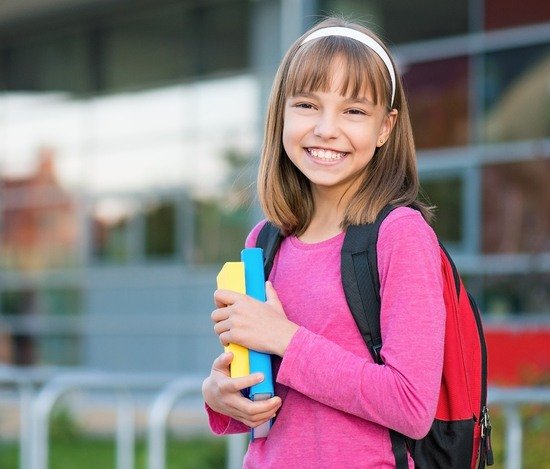Sydney has a plethora of psychology and counselling services that are available for people of all ages, including children. Child psychology is a specific area of psychology that explores the behaviours, emotions and minds of children throughout all stages of development. As the early stages of one’s life crucially affect their growth (physical, emotional and cognitive), child psychology has become a central area of psychology and education, as services focus on helping children during this momentous stage.
The focal point of psychology is to assist people to build skills to better handle their personal difficulties. Throughout life, it is common to experience both good and challenging times, and individuals deal with hardships in various ways. Some people may be naturally more resilient or more easily adapt to change than others, while other people may struggle to accept or cope with difficult periods in their lives. Although people with mental health conditions commonly work with psychologists or counsellors, it is becoming more regular for people without diagnosed medical conditions to seek the help of psychology services.
In children and adolescents, child psychologists often work with children with emotional dysregulation issues or behavioural difficulties, developmental disabilities (e.g. intellectual disability or delay, ADHD or autism), adjustment disorders or stress, mood and anxiety disorders, trauma, or problems with learning. Moreover, psychologists commonly engage with children to help with problems with interpersonal relationships (with friends, family) and social skills, poor self-esteem or confidence, or anxious or avoidant behaviours.
Child psychology frames of reference
An important difference when working with children compared to adults is the unique situation of the child in development; children are dependent on those around them and thus have unique vulnerabilities.
The social background of a child comprises of consideration of their relationships with those around them – their parents, family, friends, teachers and other peers their age. For most children, their social circle is made up of their families, peer groups, school, and perhaps health professionals (e.g. doctors, therapists). The cultural situation of the child focuses on the combination of customs, beliefs and values that overall dictates the child’s lifestyle and ways of living. Culture influences how a child relates to their community. The socioeconomic status of a child and their family is also a significant factor in the child’s development, as it can directly impact on the opportunities available to them. Socioeconomic status has effects on education, health care and ability to lead a healthier lifestyle (e.g. sanitation, nutrition).
Child psychologists need to provide therapy within the context of a child’s social, socioeconomic and cultural situations, and how these components interact. Therapy also usually needs to involve the child’s (primary) caregivers, and perhaps even their educators. Moreover, child psychologists also examine other critical factors such as genetics, prenatal development, the child’s physical environment, gender roles and sexual development, cognition and their personality when working with children. Perhaps a key point of acknowledgement is that, unlike adults, children are constantly growing and changing, and their maturity levels are often not yet developed.
Finding a child psychologist near you
There are a wide range of child psychology services around Sydney. Perhaps the easiest way to find a service near you is to conduct a search on the Internet, however you may also ask your GP or medical practice, or your child’s school counsellor for recommendations. If your child is an NDIS participant, the NDIS has a catalogue of NDIS-registered services available on their website.
Most services are set up as clinics, where clients attend booked appointments. Some services have mobile functionality, where a child psychologist can visit your child at home or at school.

